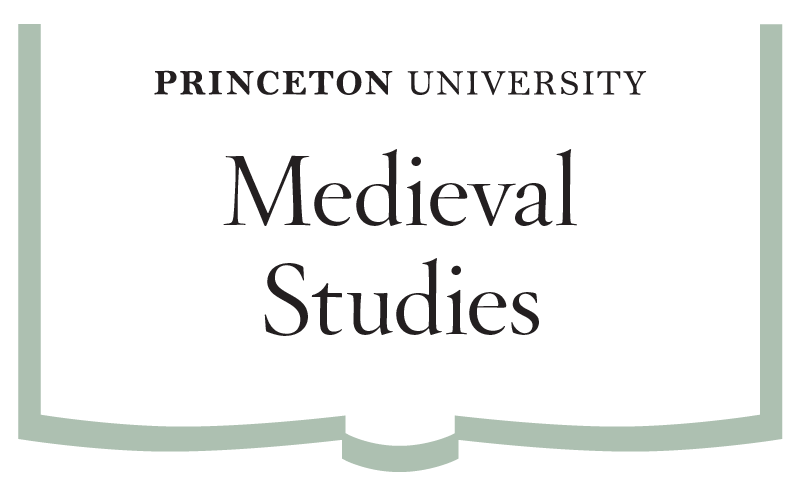This course explores the question of how love and language are represented in literature and theology when their objects and predicates are unknown, unknowable, or impossible.
We examine attempts to represent a love without object, from Augustine to Chaucer (and slightly beyond); the intertwined emergence and development of the love lyric and vernacular mysticism; the covert echoes of Plato’s Symposium in an age of neo-Aristotelian philosophies of language and affect.












